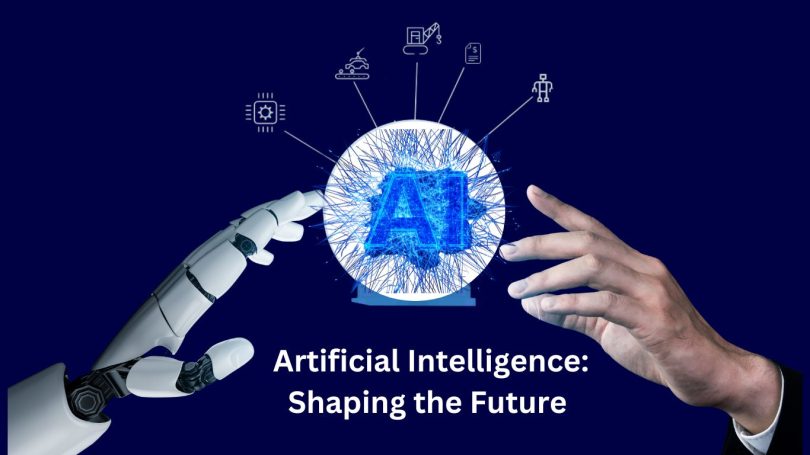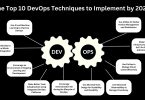Artificial intelligence (AI) is a revolutionary force that will transform the way technology is used across a wide range of industries, not just a trendy term. AI affects a wide number of businesses, including finance, healthcare, education, and communication. Here is a detailed analysis of the ways that AI will impact technology in the future:
AI’s Development:
Artificial intelligence (AI) has come a long way since its inception, from basic rule-based systems to sophisticated machine learning algorithms and neural networks. Recent advances in AI, made possible by massive data sets and computing power, have opened up new avenues and enabled robots to think, learn, and act independently.
Transforming Industries:
- Healthcare: By analyzing vast amounts of medical data to speed up pharmaceutical discovery, enhance diagnosis, and offer customized treatment plans, artificial intelligence is revolutionizing the healthcare sector. AI is fostering previously unheard-of innovation in the healthcare industry, from diagnostic tools to virtual health aides.
- Finance: AI systems in this domain analyze market trends, manage risks, and identify fraudulent activities with unparalleled speed and precision. Artificial intelligence (AI)-powered chatbots, robo advisers, and trading platforms are transforming the financial services industry by boosting efficiency, accessibility, and customization.
- Education: AI is transforming education through the delivery of personalized learning experiences, the automation of administrative tasks, and the improvement of classroom instruction. Educators and students alike are benefiting from the increased accessibility and improved learning results that come with educational chatbots, intelligent tutoring systems, and adaptive learning platforms.
- Creativity and Communication: Chatbots, virtual assistants, and generative AI models are enhancing creativity and communication across a range of industries. Artificial intelligence (AI)-driven solutions are facilitating more natural language interactions, fostering collaboration, and creating new channels for expression in a range of industries, such as content creation and customer support.
Regulatory and Ethical Considerations:
The development of artificial intelligence (AI) technology will make ethical and regulatory concerns increasingly important. Transparency, equity, and accountability are necessary for AI systems to minimize risks such as algorithmic bias, privacy infringement, and unintended consequences. Industry standards and laws are crucial for guiding the ethical advancement and use of AI technology.
AI’s Effects on Work and Society:
Even though artificial intelligence (AI) promises to automate repetitive tasks and increase production, it also raises concerns about job displacement and economic injustice. To solve these difficulties, proactive measures such as job retraining programs, reskilling campaigns, and social safety nets to support individuals in transitioning to different professions and industries are required. Furthermore, it is imperative to foster inclusivity, diversity, and ethical leadership in the advancement and implementation of AI to ensure that the benefits of this technology are distributed equitably across the community.
AI in the Future of Sustainability:
Resource shortages, climate change, and environmental degradation are just a few of the pressing global concerns that artificial intelligence (AI) has the potential to address. By reducing energy consumption, improving resource management, and simplifying scientific research, artificial intelligence (AI) has promise for boosting resilience and sustainability. Collaboration between governmental bodies, businesses in the private sector, academic institutions, and civil society organizations is necessary to effectively utilize AI for sustainable development. In conclusion, artificial intelligence is a force for revolutionary change that is affecting every aspect of civilization and goes beyond simple technology. If we uphold moral principles, support inclusivity, and foster innovation, we can harness AI to create a more sustainable, effective, and equitable future for all.








